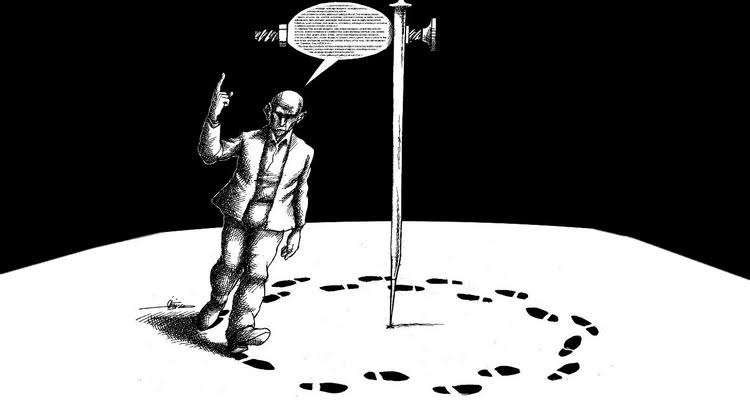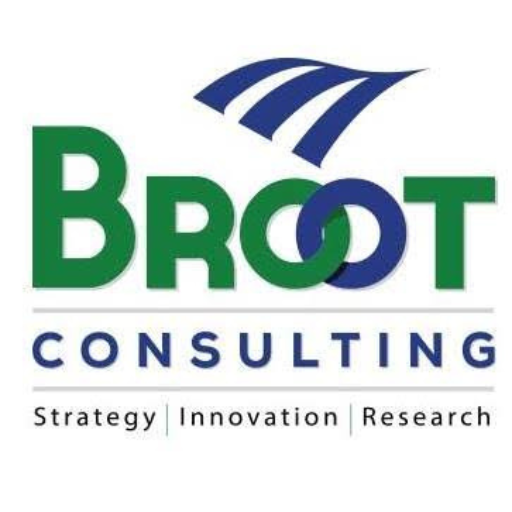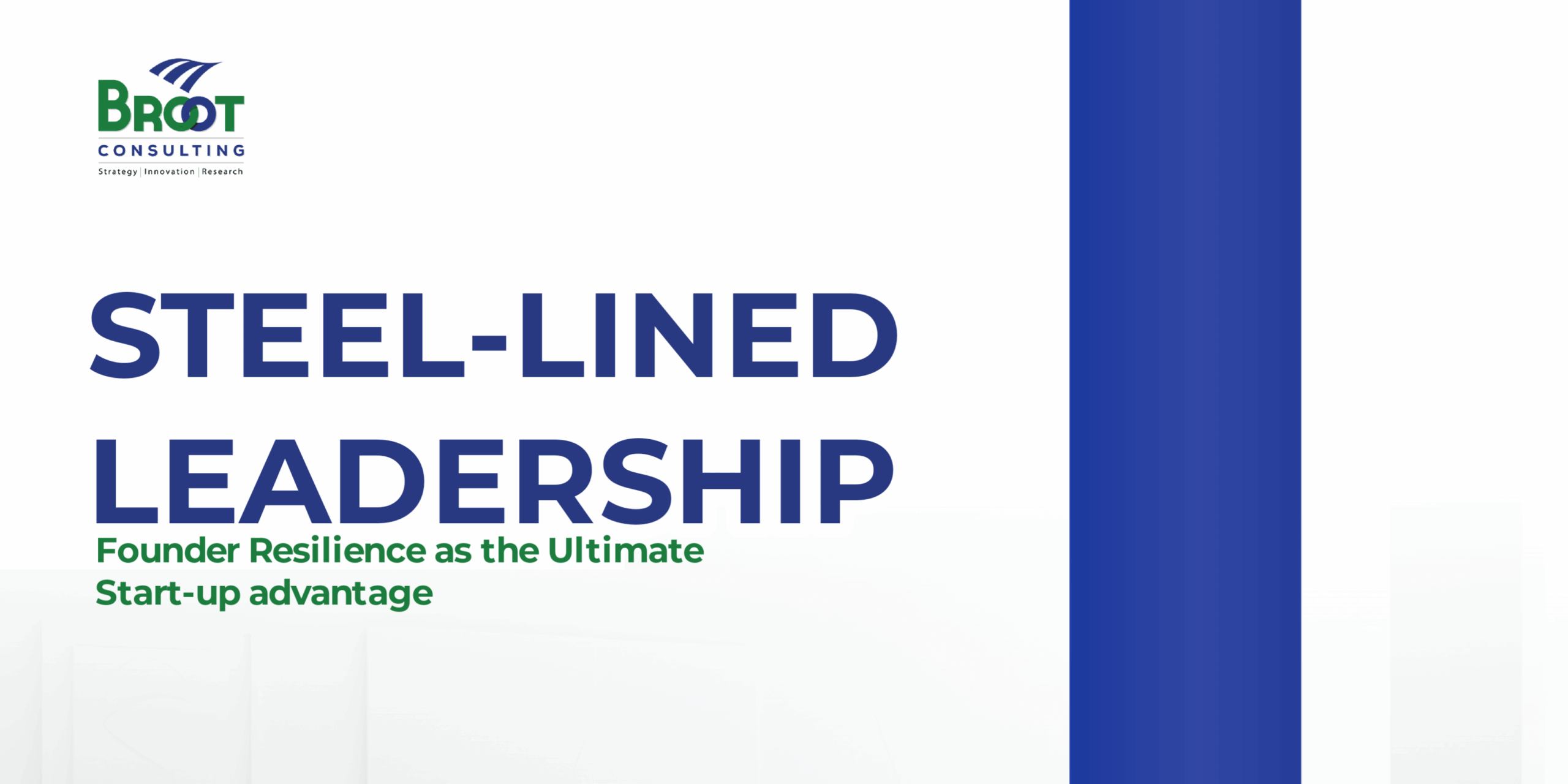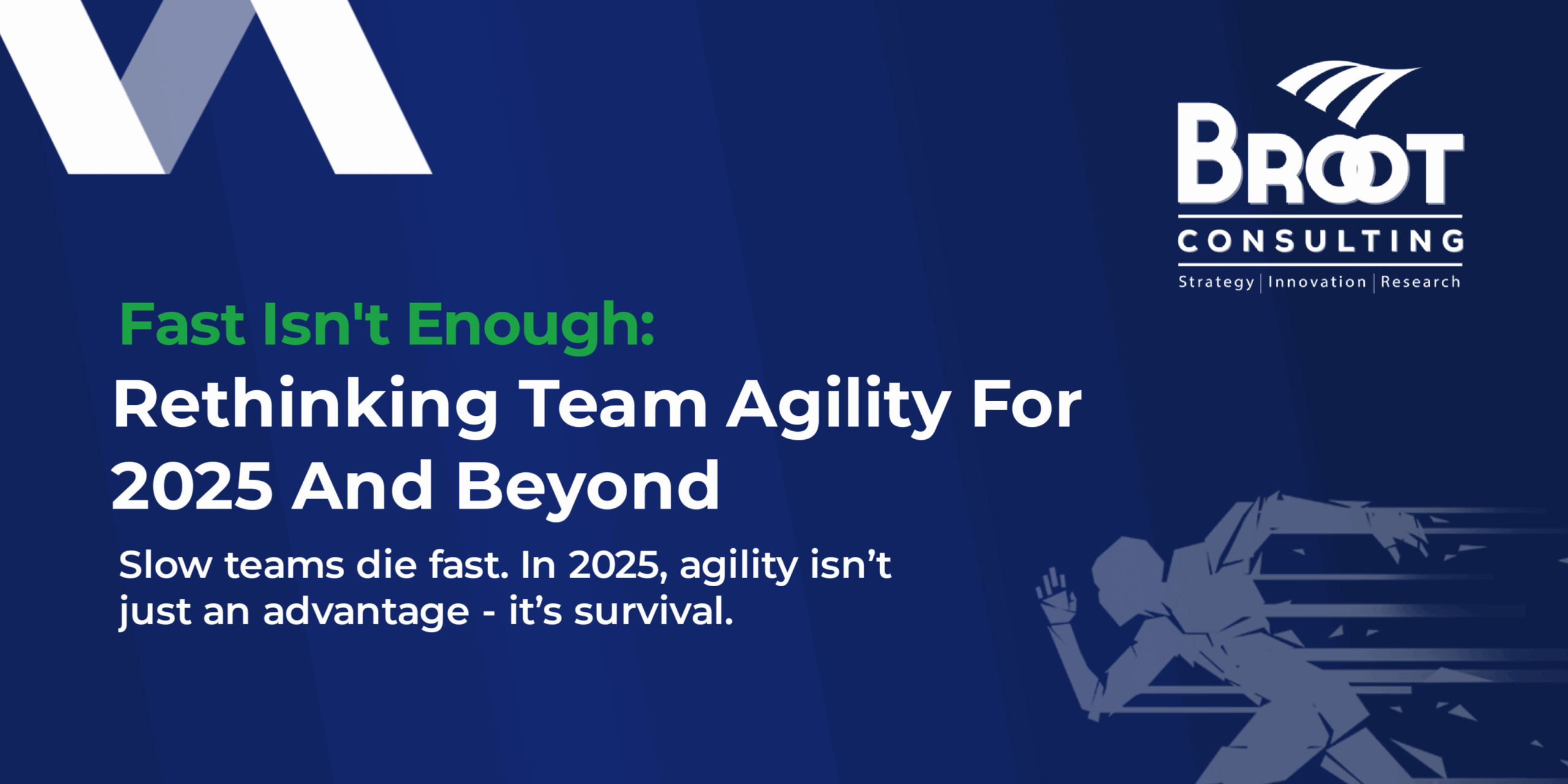She was such an amiable lady who tries to delight her husband; however, when the husband requests her to make him a fish pepper soup with the head of the fish inside it, the narrative changed. For her, it was a taboo to cook the head of the fish. All entreaties by her husband failed and the suggestion he was going to make the soup himself only worsen the conversation. She told the husband, all her years growing up she has never seen anyone in her household eating the head of the fish.
The husband chose to get to the root of the matter. He decided to find out from her mother-in-law why she doesn’t cook or eat the head of the fish. The wife’s mother was surprised at the question, but she did not have any serious reasons. She did not cook the head of the fish because her mother didn’t. They contacted the-grandmother, and the question was the same. She laughed and explained that she had only small pots in those days, and because her husband did not like the fish head, she cut it out and fed to their dog.

Not Everything Old is Gold
Doing something for such a long time could make it look like the ideal and a golden rule. Interestingly, many times, these unclear rules are implemented with incredible strength and passion. Over a long period, we drill the information into our brains and that of our employees, colleagues and children to the point that the violation of such practices becomes a taboo or even a crime. We celebrate some of these practices with statements like “this is the way to do it and the right way or the best way to do it”. Up until today, we hold many of these preconceived notions without knowing the genesis of the inherited practices that we implement and defend with vigour? We throw away the commonsense test for acceptability and institute these as laws not because they make our job efficient, nor because they save us time and money nor delight our users.
Are your inherited practices a delight or turn off for your customers? Do those age-long practices still stand the test of the current age of constant innovation and disruptions? I went to two institutions last week, a bank and a hospital. At the point of enrolment, as usual, there were lots of paper forms, lots of repetitive questions. I was met again with that agelong question that we have refused to let go “What is your mother’s maiden name?” I have always seen this question as probably a security question required for the online transaction. Therefore, the proponent of the question wanted a response that is definitive, applicable, memorable and safe, however, in this day of advanced technology are there not better ways of satisfying the primary factor for authenticating uniqueness? So, as I filled the forms I asked jokingly “my mother is late so what do you need her name for?” The first attendant had no clear answer to respond and the second gave an unsatisfactory response. It is the fish head story all over again.
Time to change the narratives
What is the industry inherited practices that you are implementing, which make little or no sense to you or your employees? How can you ensure that the various processes in your organisation add values to your customers and enhance your productivity? I believe that embracing the following four points could help you to get rid of those non-value adding practices:
- Take a Deeper Look into your System For your business to continue to succeed, you must provide excellent services and offer superior products that help the user to get the job done. While this is critical to business success, you must also be constantly aware of those practices that could prevent users from appreciating your offerings. To get rid of archaic practices, take stock of your current system and ask some honest questions that could enable you to overhaul your system.
- Adopt Self-examination and application
Does the information you are requesting from the customer offer any value to them and your business. If you are to be subjected to the same practices elsewhere will you appreciate it? Begin from those things that you have witnessed in other organisations that turns your stomach and examine whether some of them are in your organisation as well. If they make you unhappy elsewhere, they are making your customers miserable as well.

- Start Honest Conversations
Most times we think being small is beautiful and being big enables complexities that fuel inefficiency, Accepting that large institution should run on the adrenaline of complications may be a lazy way of justifying the decadence, indiscipline and incompetence that are found in large institutions such as colleges, universities, public institutions and large corporations. The real issue is that some of these institutions have been plagued by antiquated practices, that have become a clog in the wheel. The best way to tackle this is to hold honest conversations with all the stakeholders; if the method does not make life easier for the users, then it is time to junk it.
- Does Your practice Satisfy the Double Entry Principle?
What is the practice costing you and your users? The process could be too much or too little; each of them constitutes a cost. The follow-up question is, do they also create value to you and your users? Do they satisfy the double-entry principle as you found in accounting which says for every debit there should be a credit? If all you see in real and perceived value is the cost and a single-entry practice, then it is time to do away with those practices.
Conclusion
Whatever time is spent on transactional practices should add value to the organisation and the users, if it does not, it is time to overhaul it. Non-value adding activities is a waste that must be eliminated in any organisation because they unnecessarily complicate the system and stifle innovation and productivity. Complicated processes in these days of disruptions are not sustainable; users want it simple, exciting, inspiring and friendly and if you’re going to understand this better, try and walk in the shoe of the users.




